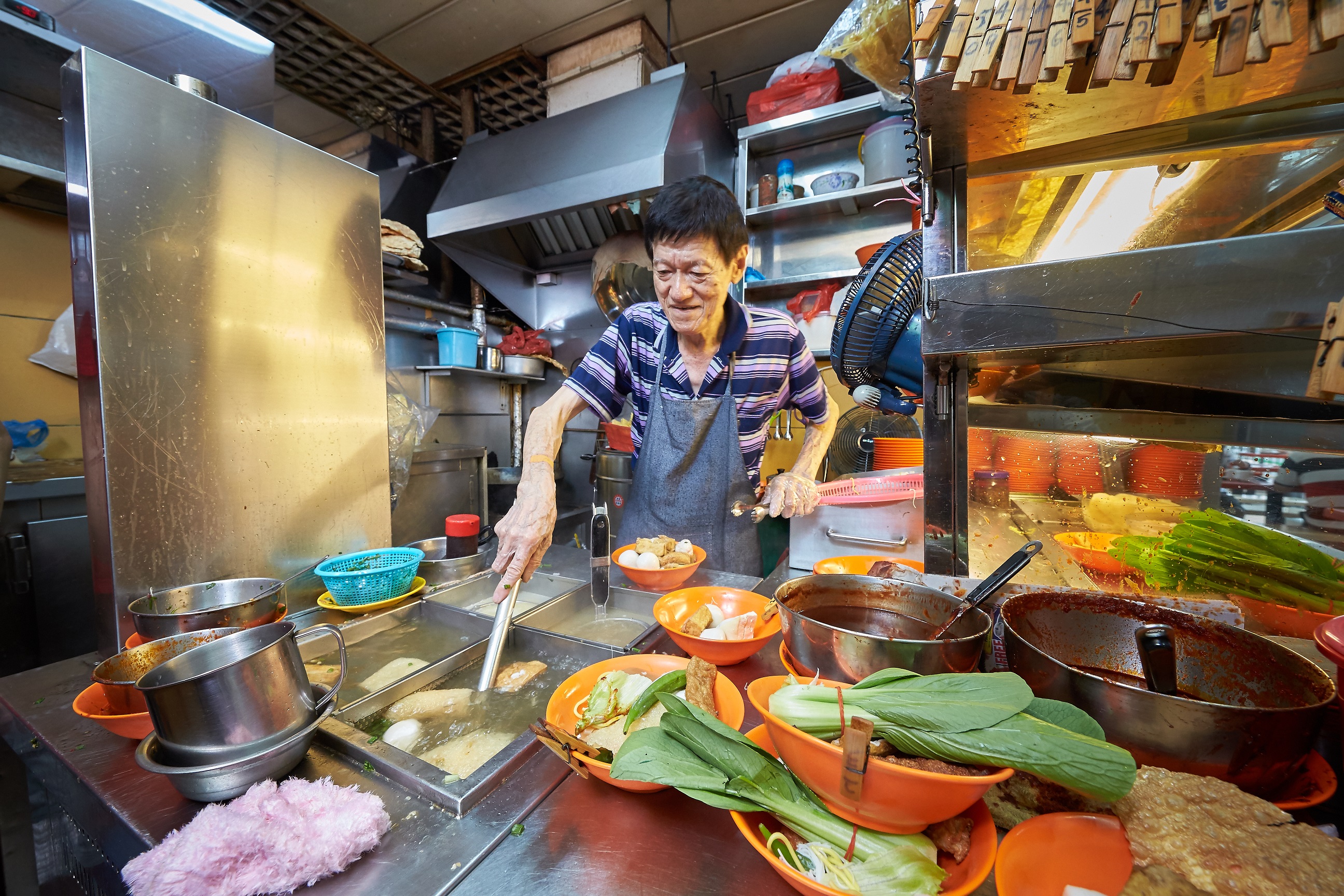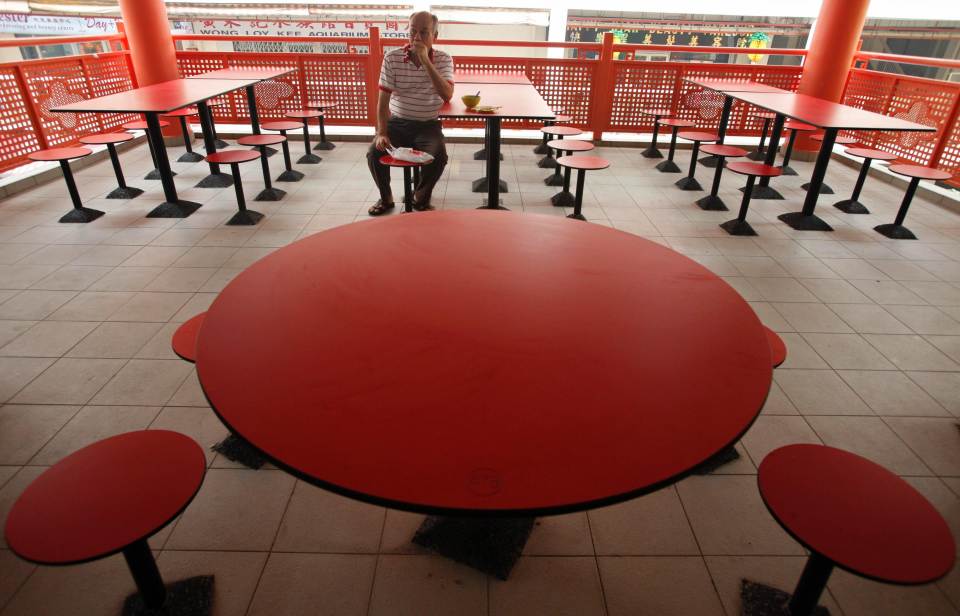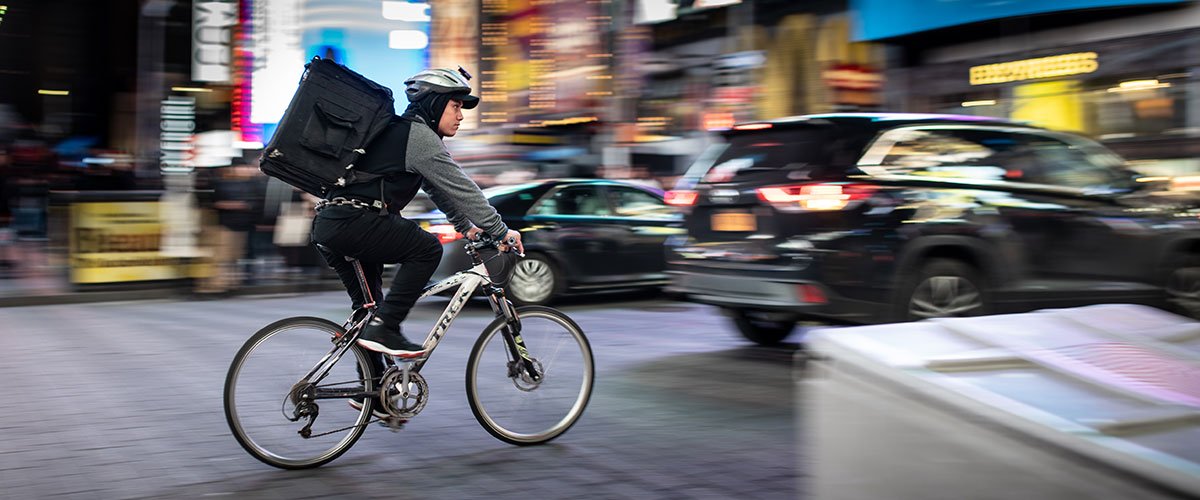Singapore's Struggling Hawkers Devise New Way to Stay Alive
Foot traffic has dropped drastically in Singapore's hawker centres causing more to offer delivery

Contents
What are Hawker Centres?
In Singapore, hawkers are food vendors who operate small stalls that sell popular food items for low prices. They often operate out of hawker centres, which are "traditionally the centre of community life for many." Hawker centres traditionally act as common culinary meeting points for friends, families and colleagues instead of traditional table service restaurants. As of right now, there are over 100 hawker centres all over Singapore, each packed with a variety of hawkers selling food that ranges from simple street food to Michelin-starred offerings. In Singapore, hawker centres and stalls are a huge draw and serve as a "magnet for locals and tourists-in-the-know." However, this staple of Singapore's culture and history is potentially at risk of vanishing as hawkers face an uphill battle for business.

Why are Singapore's Hawkers and Hawker Centres Struggling?

What are Hawkers Doing to Combat Falling Sales?
When asked why he started the Facebook group, Chew said, "If you want to survive you have to accept the use of technology, you have to engage in social media and you have to do home delivery." He further elaborated that he was worried older hawkers would not be able to navigate the internet and build online storefronts and platforms from where they could reach customers and sell.

Real Hawker stories from Singapore - How Bad is the Situation and is Delivery Helping?

Why Current Food Delivery Platforms May Not Be the Ideal Solution
Clearly, a new type of delivery platform is required in the marketplace that doesn't charge restaurant merchants such high fees. Since many hawkers require a space-efficient and convenient solution, integration directly into a hawker's existing POS system would negate the need for them to deal with two separate systems. This would enable prices to remain low, improve efficiency and give hawkers the confidence to remain open and ride the virus out.